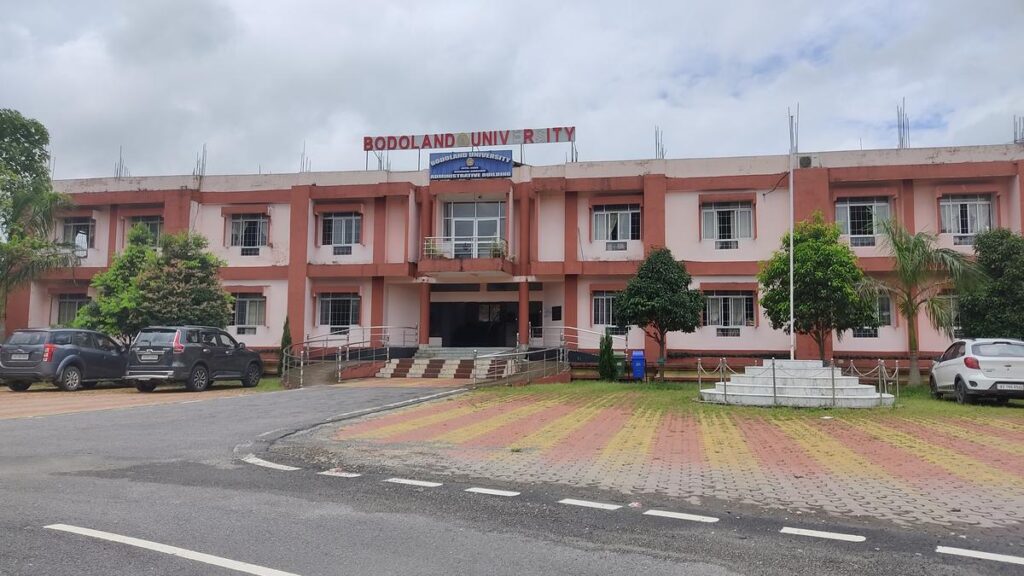Assam’s Bodoland University has launched a pioneering initiative aimed at empowering farmers who have had limited or no formal education. This innovative “Farmers’ Training Programme” is specifically designed to cater to individuals from agricultural backgrounds who, due to various reasons such as socio-economic constraints or geographic isolation, never had the opportunity to attend school.
The initiative addresses longstanding educational disparities prevalent among farming communities in Assam, particularly in rural areas where access to formal schooling has traditionally been limited. Despite lacking formal education, many of these farmers possess extensive practical knowledge and experience in agriculture, acquired through years of hands-on work and inherited wisdom.
Dr. Hemanta Kumar Baruah, Vice-Chancellor of Bodoland University, expressed the university’s commitment to inclusive education through this program. He emphasized that the goal is to bridge the gap between practical agricultural knowledge and formal education, thereby empowering farmers to enhance their skills, innovate in their practices, and adapt to modern agricultural techniques.
The curriculum of the Farmers’ Training Programme is carefully tailored to suit the specific needs and challenges faced by participants with limited educational backgrounds. It focuses on practical, experiential learning that builds upon the farmers’ existing knowledge of traditional farming methods. Key topics covered include sustainable agriculture techniques, crop management, soil health, water conservation, and integrated pest management.
Moreover, the program incorporates sessions on financial literacy, marketing strategies, and government schemes aimed at supporting agricultural development. These components are crucial in equipping farmers not only with technical skills but also with essential knowledge to enhance their economic sustainability and resilience in the face of changing agricultural dynamics.
The teaching methods employed in the programme are interactive and participatory, ensuring that farmers actively engage with the learning process. Practical demonstrations, field visits, and workshops are integral parts of the curriculum, enabling participants to apply theoretical knowledge directly to their agricultural practices and learn from each other’s experiences.
The impact of the Farmers’ Training Programme extends beyond individual participants. It is seen as a transformative initiative that uplifts rural communities by empowering farmers with formal recognition of their expertise. For many participants, the programme represents a significant opportunity to gain new skills, improve their livelihoods, and contribute more effectively to agricultural productivity and sustainability in their regions.
Since its inception, the initiative has garnered positive feedback and support from local communities and stakeholders. It is viewed as a critical step towards building a more inclusive and resilient agricultural sector in Assam, one that values and leverages the diverse knowledge and experiences of its farming population.
Looking ahead, Bodoland University aims to expand the reach and impact of the Farmers’ Training Programme, reaching more underserved communities and enhancing the capabilities of a greater number of farmers across the region. The university’s commitment to empowering rural populations through education and skill development remains steadfast, reflecting a broader vision for sustainable agricultural development and inclusive growth in Assam.

